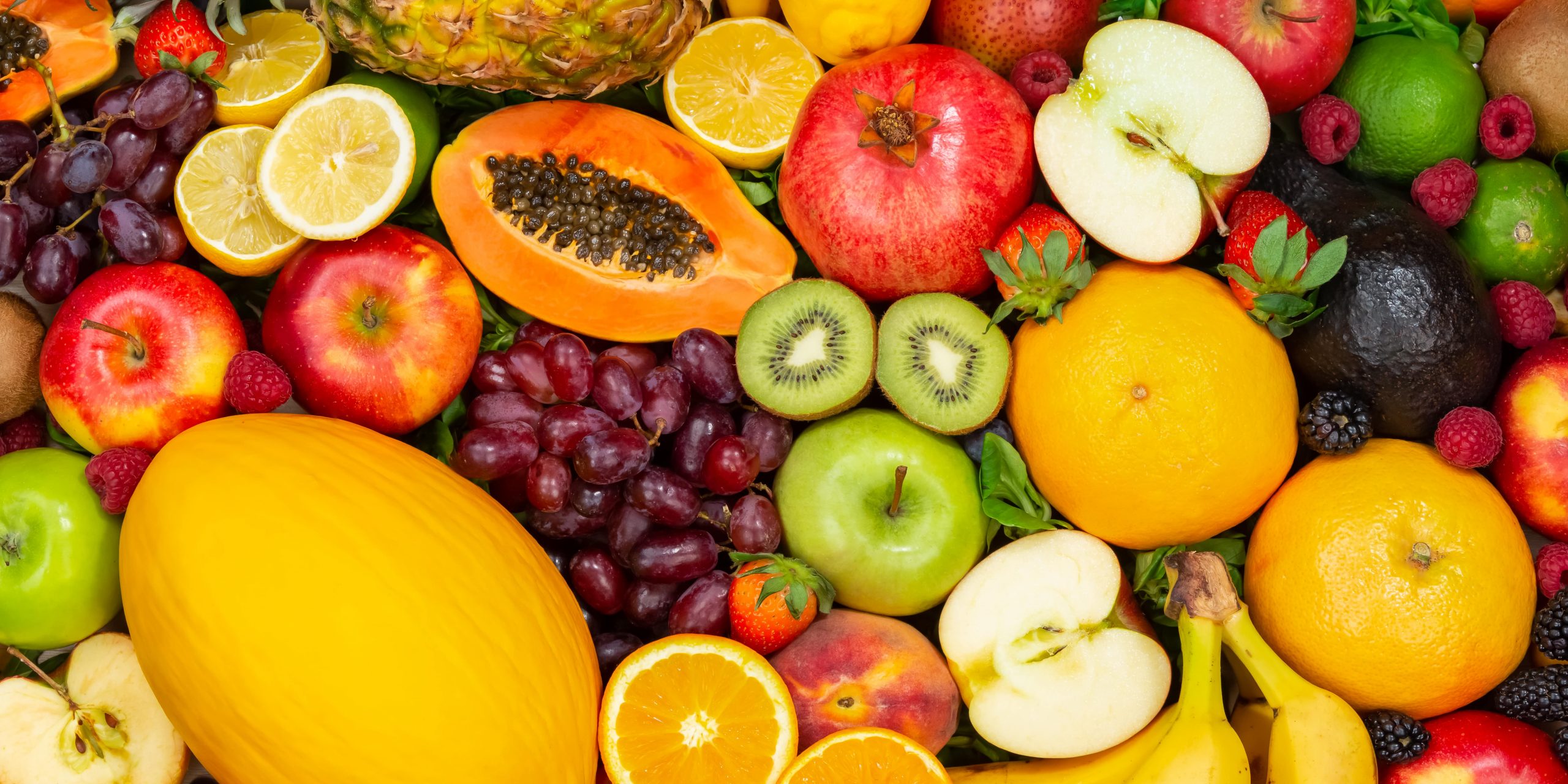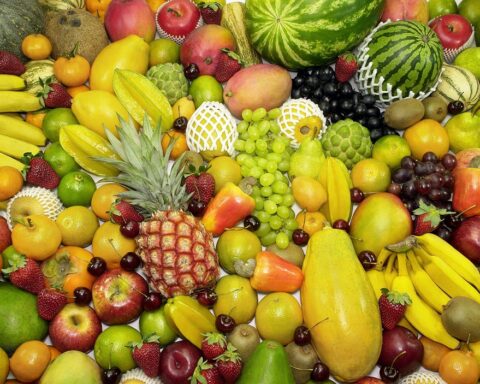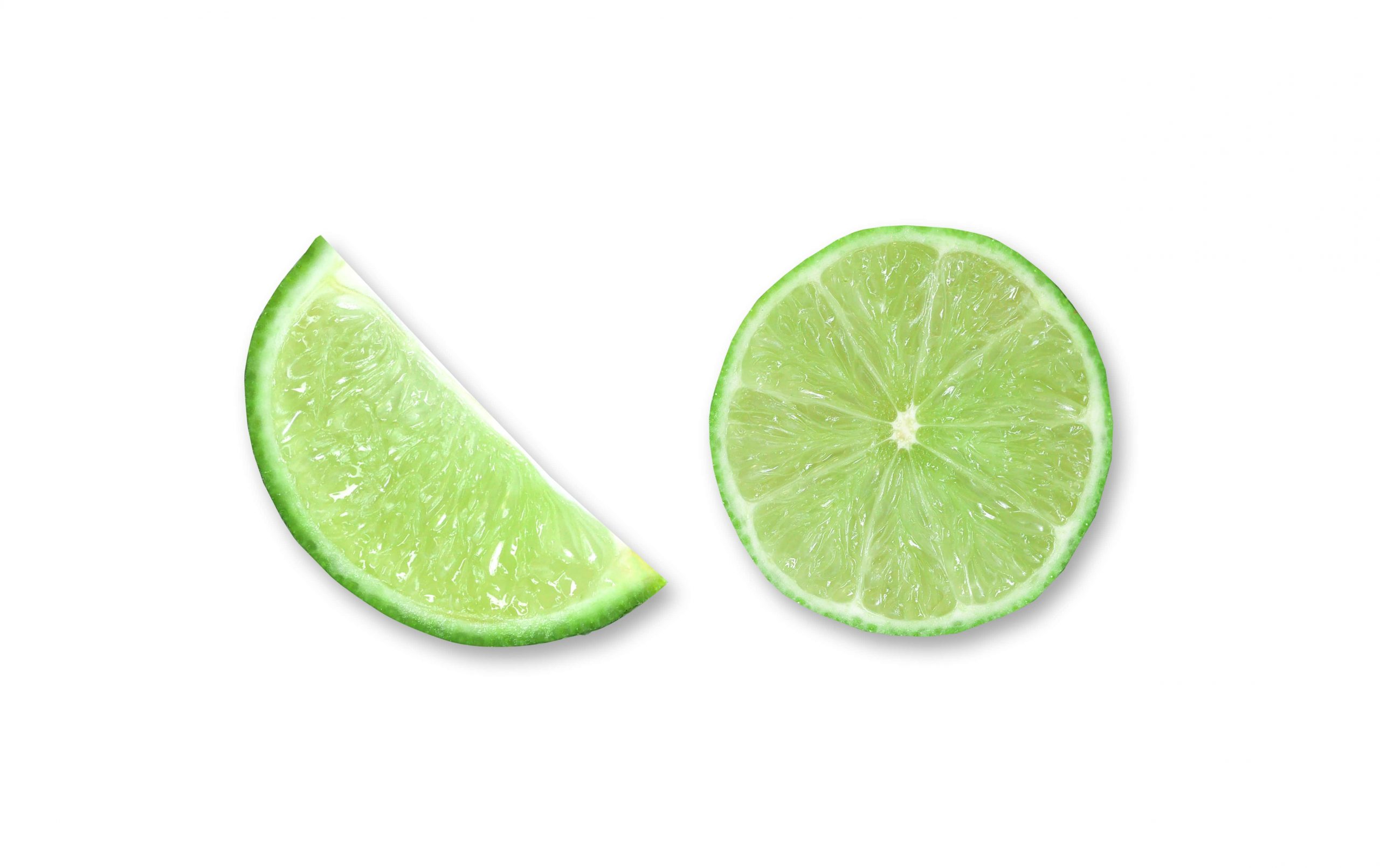Whether your favorite is strawberry, apple, banana, or whatever, fruits are important to our health. No meal qualifies to be a balanced diet if fruits are lacking. They have essential vitamins, minerals, and important compounds like antioxidants which the body needs.
When it comes to deciding if fruits are healthy or not, there may be some confusion. Fruits are healthful and help individuals feel full for long hours because of their high content of fiber and liquids. Even so, it may be difficult to agree or disagree with individuals who claim that fruits may be unhealthy due to their high sugar levels. So, is fruit healthy or unhealthy?
Are fruitsugars the same as other sugars?
With the argument that fruit sugars are unhealthy, it’s important to know the difference between sugars from fruits and added sugars in foods. Sugars used by manufacturers include;
- Corn syrup
- Sucrose, a mixture of fructose and glucose
- Maltose
- Galactose
- Fructose
These sugars mentioned above are different from what fruits contain. These added sugars go through many processes and are overused in foods and beverages to add taste to products. Thus,our bodies easily metabolize them, and this puts our health at risk. As for fruit sugars, they are naturally found in fruits and offer many benefits to our health.
Benefits of fruits
Think back to the changes you experienced when you started to eat more fruits. First, you felt healthier and experienced many benefits. For most of us, eating fruits helps us get fiber, potassium, vitamin C, and other essential nutrients that we failed to get from our main diet. Also, they help to reduce the risks of heart illnesses and stroke. Consuming fruits regularly helps stabilizeblood pressure and control the effects of bad cholesterol, improves gut and digestive health, and offers protection against some cancer types.
Fruits have low sodium and fat content, making them have low calories and a great snack option. If you target losing excess fat or maintaining a healthy body mass, fruits arethe best choice. Their high content of fiber and water makes them filling and less dense than starchy and fatty foods. More so, they’ll reduce your food cravings and help you have lower sugar consumption. Another benefit is its sweetness.The fact that you can enjoy the freshness,juiciness, and deliciousness of fruits any time of the day makes them the best foods that exist. How grateful we are to have sugary foods that still offer benefits to our bodies!
Are fruits unhealthy?
Fruits are healthy for most individuals. Even so, it may prove to do more harm than good in some people. For individuals with low tolerance to FODMAPS,consuming fruitscan cause digestive problems. That’s not the only group that may have to reduce or keep off from fruits. People following a low-carb or ketogenic diet may also have to avoid fruits or limit their intake. The aim to have keto diet is to decrease the carb content so that the brain focuses on using ketone bodies for energy instead of utilizing glucose. To achieve this, the carb intake should be lower than 50 grams in a day. Some fruits and fruit juices may contain more than that amount, making fruits inappropriate for those following a keto diet.
What’s the right amount of fruits to take?
From experts’ recommendations, the right fruit consumption for female adults is 1.5 to 2 cups while for males is 2 to 2.5 cups in a day. Beyond 60 years, it should not be more than 2 cups. This recommended amount is not ideal for everyone. Some may need more or less intake. What determines how much fruit you should consume depends on;
- Sex
- Weight
- Physical activity
- Height
- Age
- Health condition
What happens when you consume too much fruits?
When it comes to sugary foods, you’ll find yourself eating too much of them. The truth is, it’s rare to get too much fruits. Most individuals don’t consume enough of them. A Fruitarian diet whereby you focus more on fruits and nothing else may deny you other nutrients. While natural sugar isn’t something to worry about, eating large portions can lead to some health issues like; weight gain, tooth decay, deficiency of calcium, vitamin D, vitamin B12, omega-3-fatty acids, diabetes, and pancreatic and kidney complications.
Is whole fruit better than fruit juice?
Fruit juice is a healthier option than sodas and other unhealthy drinks. Surprisingly, it has as much sugar as soda. Fruit juice has natural sugars but low content in fiber, making the body handle it as an added sugar. This makes it less healthy than fruit. The content of calories and sugars in fruit sugars are highly concentrated, and fiber levels are limited.While juicing is a healthy alternative to consumewhole fruits, most juicers eliminate the fruit’s fiber. Also, most of the nutrients are not absorbed in the body. Even so, you can make a smoothie to enjoy a delicious flavor that still provides fiber.
Which fruits are healthiest?
If you’re still confused about which fruits are good for your health, let colors guide you. The skin color can give you a clue on the nutrients a certain fruitcontains.
Green fruits
They’re rich in vitamin k and potassium, which are helpful for good vision, healthy bones, and blood clotting. They include limes, green grapes, avocados, green apples.
Blue and purple fruits
Such fruits contain nutrients that prevent cancer and heart illnesses, promote memory, and improve digestion and urinary health. They include raisins, blackberries, plums, figs, and blueberries.
Yellow and orangefruits
Fruits with this color are loaded with Vitamin C, vitamin A, and potassium, and they include pineapple, grapefruit, peaches, pears, mangoes, oranges, and papaya.
White fruits
They are rich in potassium and strengthen heart performance. Such fruits include pears, white peaches, and bananas.
Red fruits
They’re rich sources of potassium, Vitamin C and A, and antioxidants. They include watermelon, cherries, red apples, red grapes, raspberries, strawberries, and cranberries.
Conclusion
Fruits are nutritious, and we need them in our daily diet to stay healthy. The natural sugars we get from them and the nutrients they provide goes a long way in making our bodies healthier and stronger. No matter how much you love fruits, never consume them to the extent of hurting your body. Take in moderation if you want to benefit from them.
- Bell Peppers 101: Nutrition Facts and Health Benefits - April 19, 2024
- Products That Assist with Stress Relief - September 21, 2023
- TRÈFLE – THE ROAD TO THE 15TH - July 29, 2023









